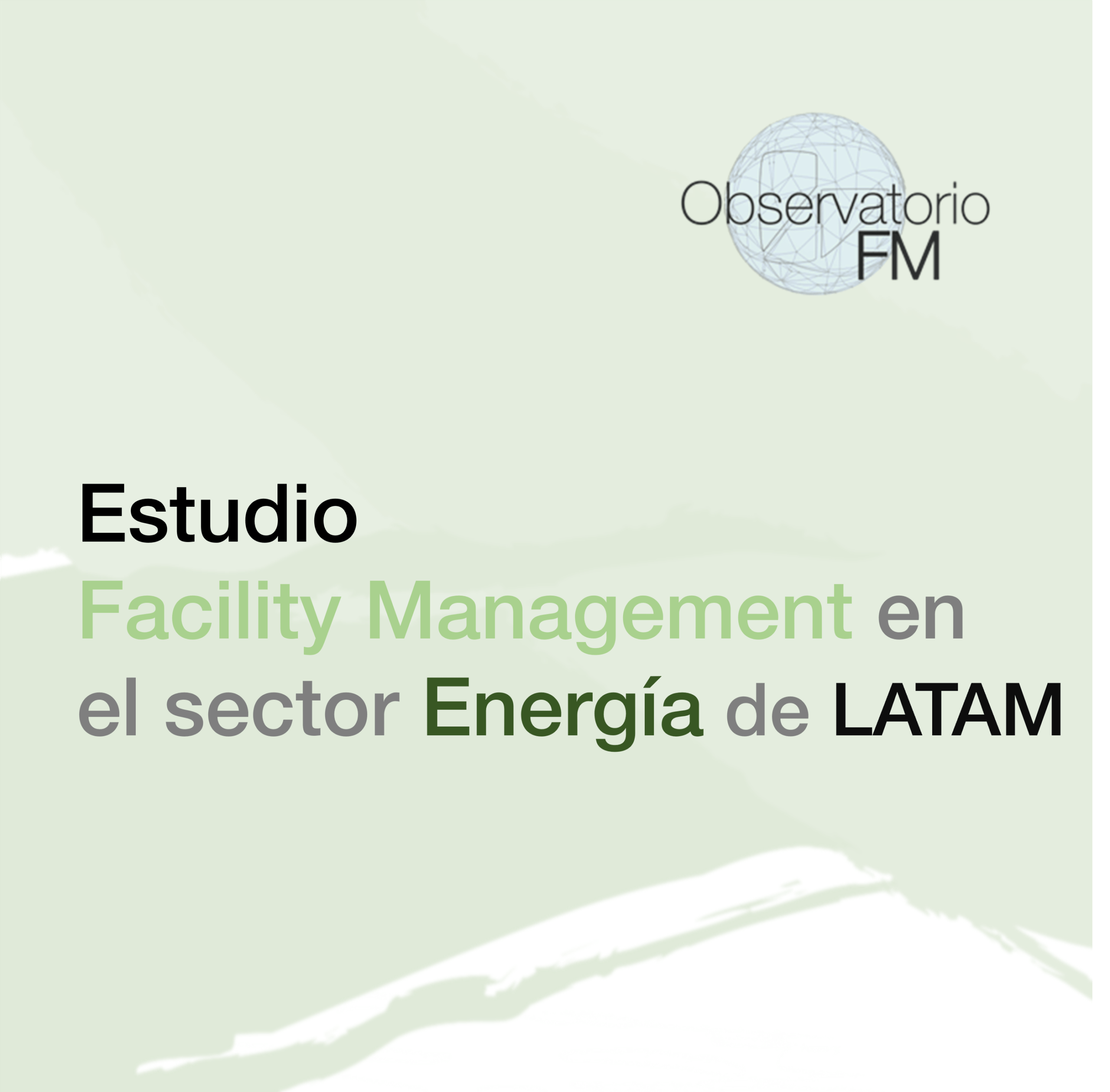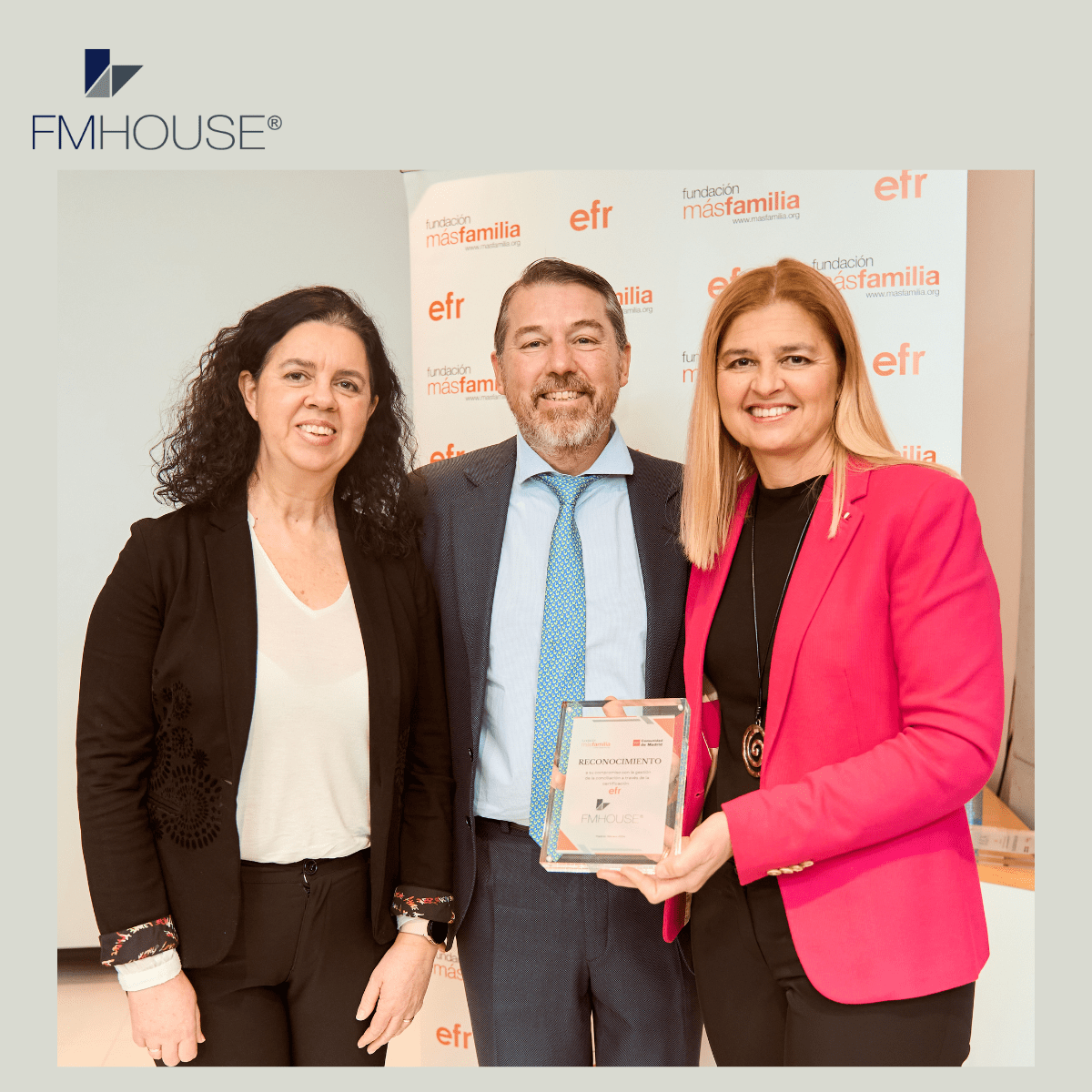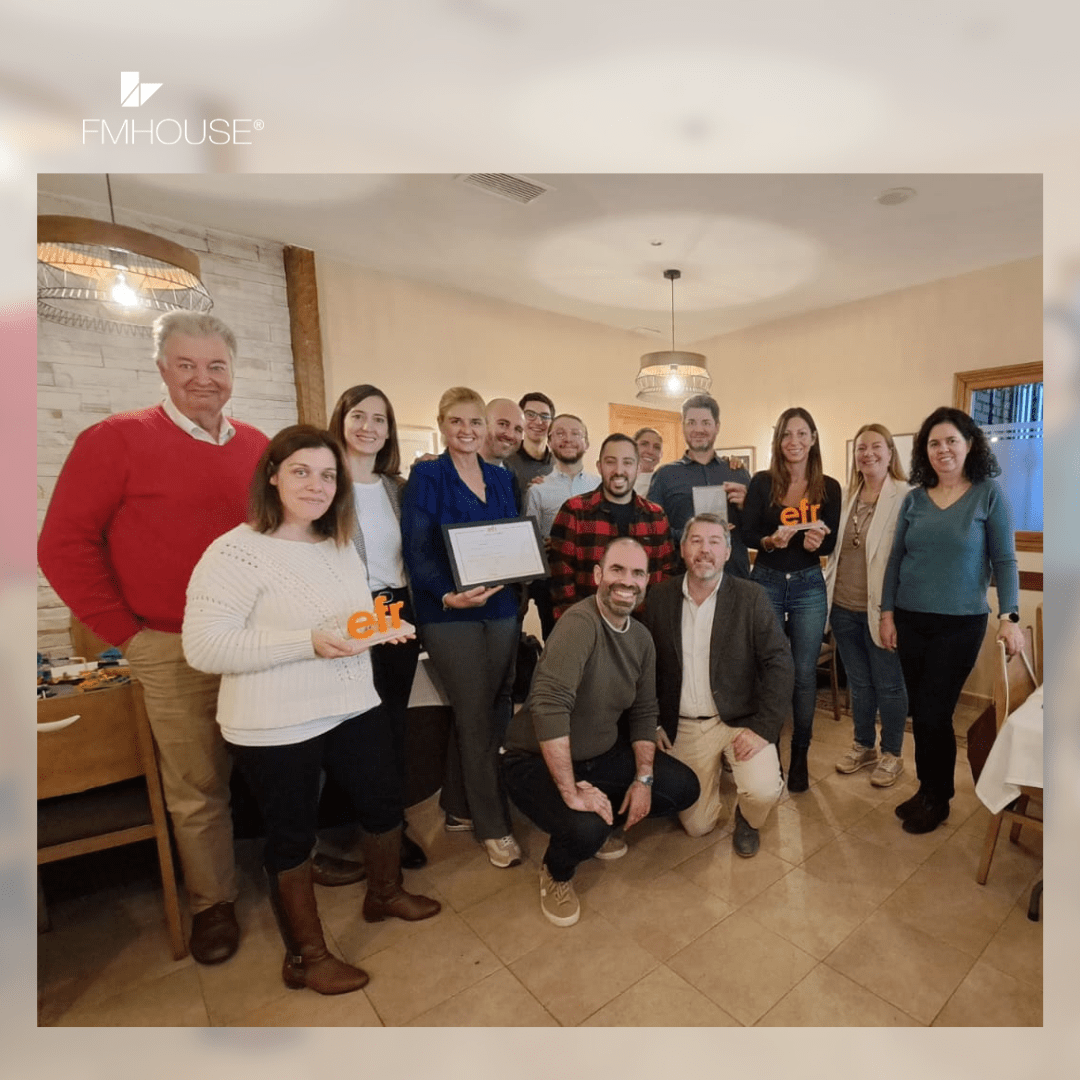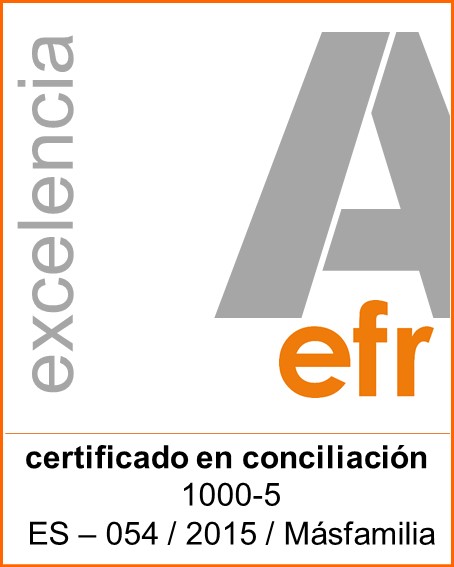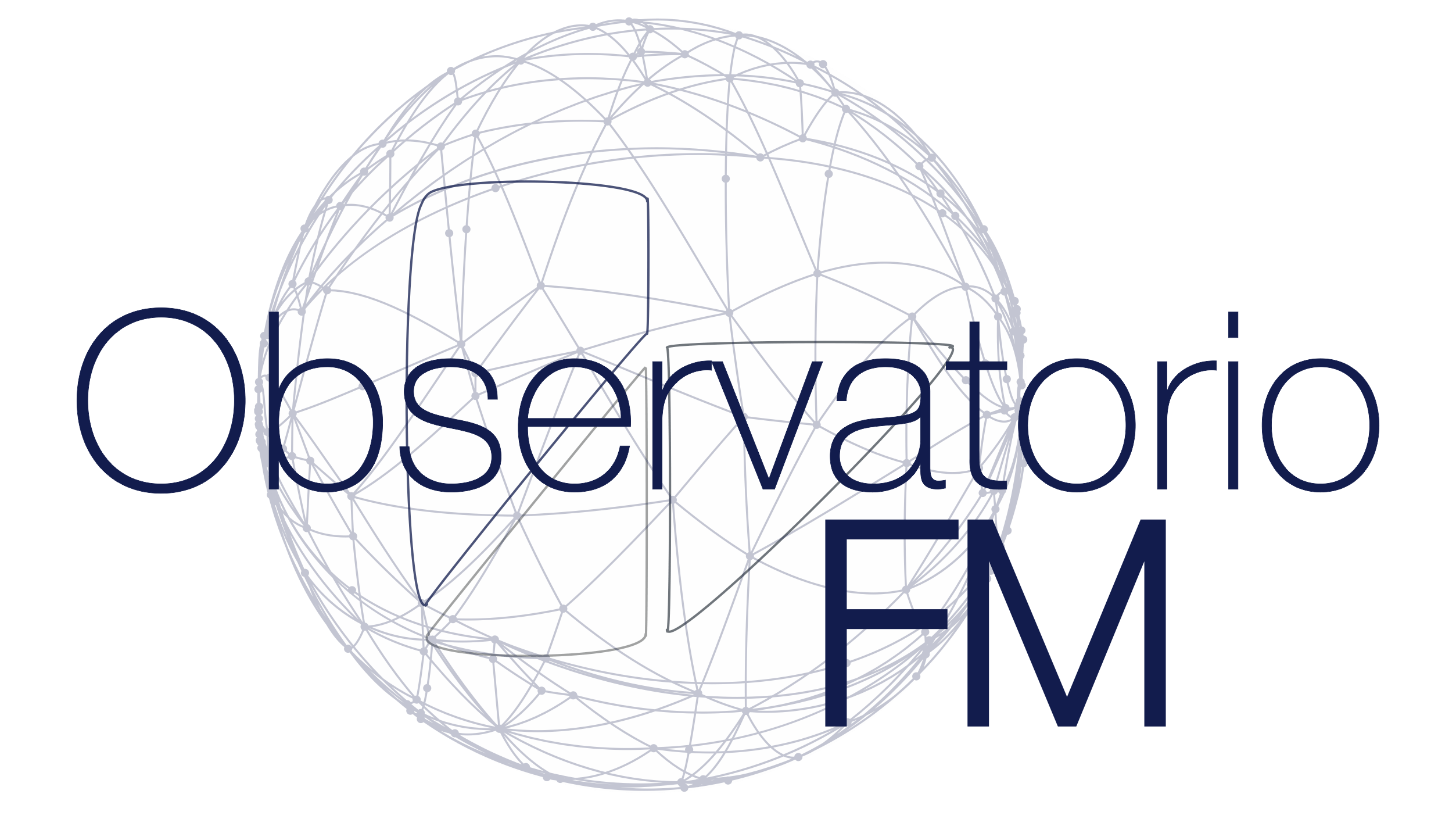No specific degree is required to hold a relevant position in the FM area, in contrast with other appointments in a company. This also applies to more mature markets, such as those in the UK or the Netherlands. The difference is that in those countries, because accessing specific careers in Facility Management is easier, it is increasingly more common to see people with this degree at a managerial level. In any event, having a degree in FM does not necessarily guarantee that it will be possible to apply the acquired theoretical knowledge, which must go hand in hand with experience. Problems arise when there is a no understanding of methodology, solely practical experience. To put it another way, it would be like comparing a qualified physician with a quack. Once the former has acquired experience, he or she will become an excellent professional. The charlatan, on the other hand, needs a great deal of training before being able to progress to another level, despite the fact that his or her current occupation covers a need, albeit a limited one.
Training is not exclusive to the most high-profile professionals, and this is one of the most influential factors in the development of many Facility Management professionals (I explained here why I avoid using the term facility manager…) In a large company, if there is a FM director, the department will be made up of 50, 100 or even more team members, who should be able to climb the job ladder and make headway. This is achieved not only through experience gained from the work itself, but also by broadening one’s outlook, solving problems, or applying new methodologies or more modern technologies. This is what training accomplishes. Thereafter, it would be necessary to identify precisely which training is the most appropriate for each individual, subject to his or her current position, objectives and projection.
In recruitment processes, we have noticed increasing demand for profiles with specific knowledge in FM. This occurs at all levels or on all planes, from directors to assistants in any given area. Although exactly what they should know is often unknown, it is requested in the job description regardless, even if it is not well defined. When what is requested is very specific, for example, design of service levels or bidding process strategies, we recommend relatively pertinent candidates, who we can duly train to perform the functions called for. Notwithstanding, the equation is simple: the more they know, the more they should be paid.
Soon enough, those members of the FM team who have been in the job for some time and will continue to be there in the foreseeable future will be required to undergo training in accordance with their position. It stands to reason that not everybody needs to have done an Executive Master or specialisation courses, and that a mere professional accreditation is not enough for outstanding profiles. Nevertheless, all members of the department will need to share the same perception of Facility Management. Thus, everyone will understand the objectives of the model and will be able to contribute from their positions to its proper functioning. Those who do not bring themselves up to speed will find it hard to form part of the daily schedule; their contribution to the group will be less significant, leading to the resulting consequences.
Good training not only facilitates a more accurate understanding of where everyone stands and results in people acknowledging they are part of a team, but also benefits professional development within that unit of the company. In turn, this will lead to other areas of the organization recognising the competence and skills of the support area. In the past, career progression within the FM department was based on how long you had worked there, rather than what you could contribute. Today, knowledge and keeping abreast of developments and trends will be the measure. This will mark the difference between stagnation and progress, both with regards to the position itself, and its corresponding pay rise.



